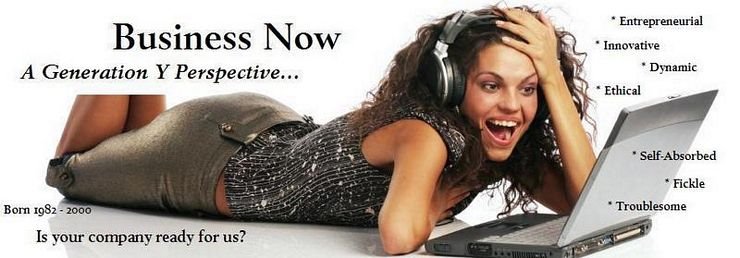The Prince - Machiavelli, 1513
When we here the name "Machiavelli" or the term "Machiavellian" used to describe someone, it is often considered a negative attribute or characteristic. Famous for his (a)moral stance of "the ends justify the means," Machiavelli has become a symbol for unethical or shady practices, both in business and life decisions.
In his book, "The Prince," Machiavelli outlines many of the principals on which he based his seemingly ruthless approach to diplomacy and leadership. He stresses the need for appearance over quality, force over reason, and stealth over honesty.
Although these tactics are overtly frowned upon in today's business world, they are nevertheless used effectively. For instance, if a top manager projects confidence, he or she has a greater ability to garner employee trust and loyalty. This in turn could lead to higher productivity, less employee turnover, and a general state of well-being for the company...regardless of whether or not the manager is actually confident in themselves or the company.
Interestingly, as more organizations push for an open, honest, and supportive company culture, employees are becoming happier and more productive, leading to higher profits. (Robbins, 2005) It is possible then to assume that if Machiavelli were alive today, he would choose to appear "nicer" or "more supportive" to his followers or employees, as this type of "means" would produce the most effective and lucrative "ends." Therefore, being called Machiavellian might not be so bad after all.
Sources:
Crainer, Stuart. The Ultimate Business Library. Capstone Publishing Limited, March 2006.
Robbins, Stephen P., Coulter, Mary. Management, Eight Ed. Pearson Education, Inc., 2005. Ch. 3.
Subscribe to:
Post Comments (Atom)







1 comment:
I've never read his book, but I have always wanted to... for some odd reason his name always reminds me of the Marquis de Sade, but I can say I think I've read all of de Sades books/transcripts, or at least those I could find in print. I don't quite understand your statement about how his tactics are frowned upon in today's business world though, those tactics are everywhere, they are becoming more and more acceptable... the ever popular DMCA takedowns are just one obvious example of Force over Reason, quite a bit of the DMCA notices are false, and just used to silence people that filer didn't agree with... So I don't quite agree with you there, you can easily look around today and see all of these tactics in play daily in the business world...
Post a Comment